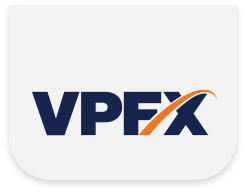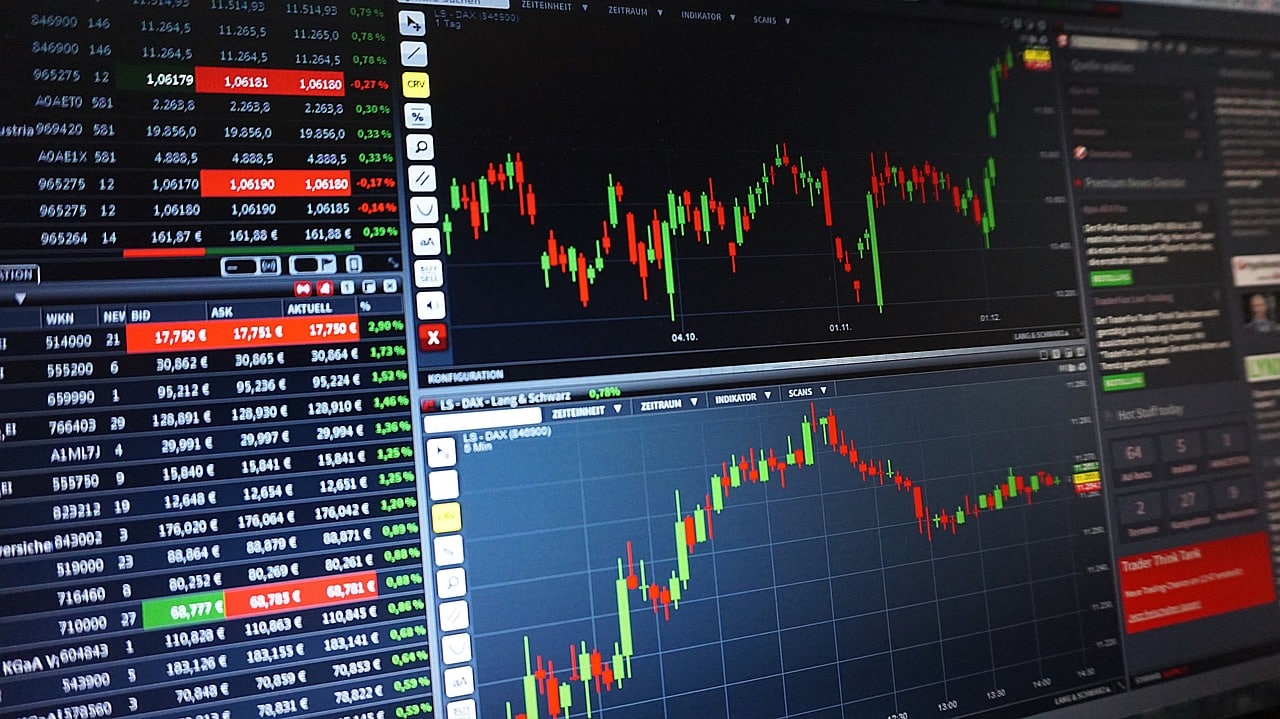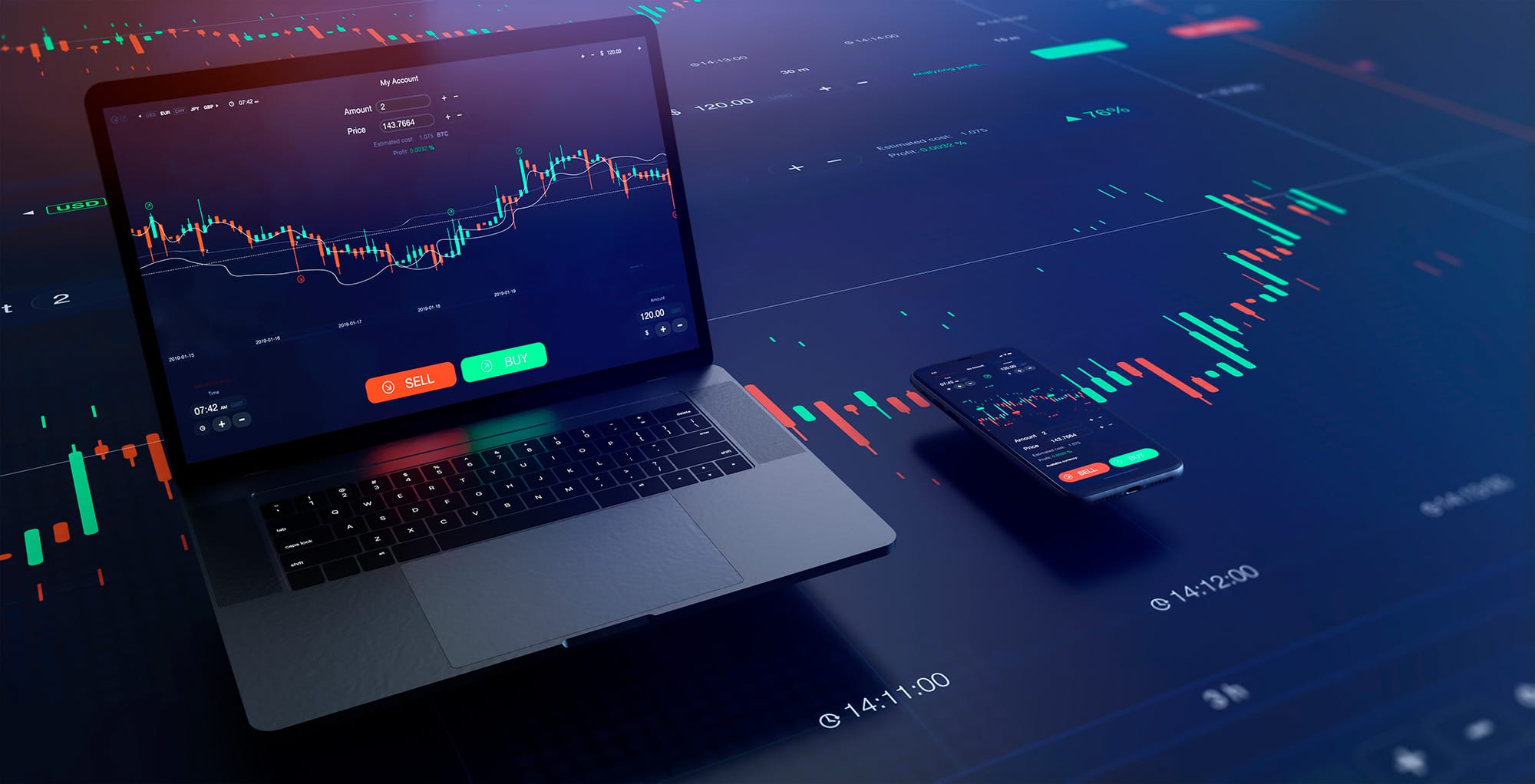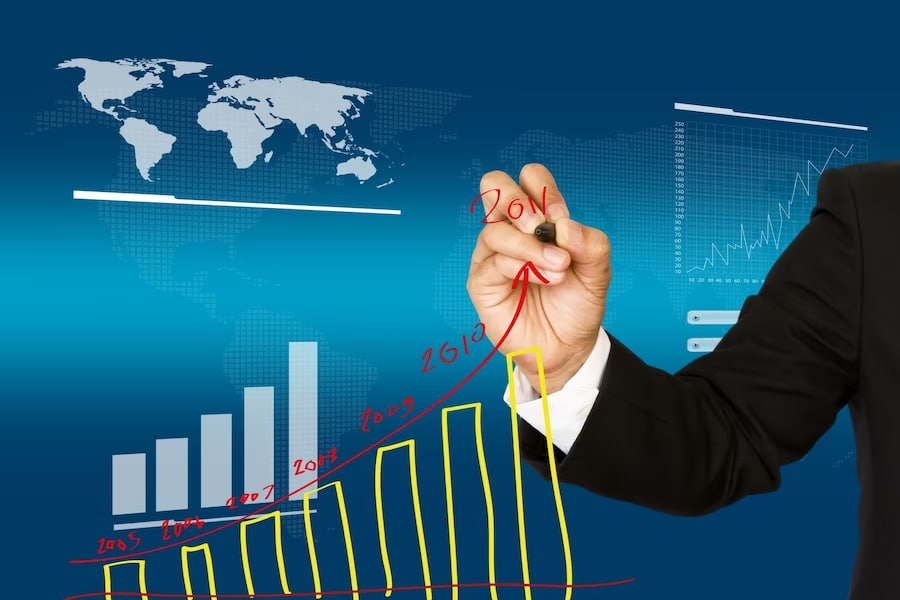From AI to more sustainable practices, industries worldwide are changing across all lines at an ever-switching pace. It is of the utmost importance that businesses get attuned to some new trends in global trade finance, redefining the way transactions used to be made, risks used to be managed, and opportunities used to be seized for survival in these new-age conditions.
Knowing the latest global trade can also help a business familiarise itself with new markets and expansion opportunities. The blog discusses a few keynote trends in international change finance that are likely to have a massive effect on the industry in the decades to come.
Top 8 Trends in International Trade Finance
International Trade Finance is a concept that helps an exporter conduct business transactions with anyone on the globe. It mitigates troubles or risks generally associated with such transactions, which may relate to currency devaluations, political instability, or simply issues concerning nonpayment.
In other words, it can be explained as global trade finance that permits hassle-free delivery of goods and services across borders. Let's examine the latest developments in global trade finance.
Digitalization Of Documents
Trade documents have recently been rapidly digitised, replacing paper processes with electronic versions. Digital letters of credit, bills of lading, and all other key trade documents are increasingly being run on digital platforms.
This speeds up the documentation, decreases the threat of errors, and enhances accessibility. This trend is in the path of virtual documentation and ensures more performance, but it additionally nods to the broader force for green and sustainable business practices.
Invoice Discounting Solutions
Invoice discounting, also known as invoice financing or receivables financing, is a financial arrangement in which a company sells its accounts receivables to a third party at a discount, generally to some particular financial institution.
This amount relies upon the creditworthiness of the business and its clients. After the customer has settled the invoice, the remaining value, less interest or fees incurred, is returned to the industry. In invoice discounting, the company suffers a slight loss on account of the discount but still finds the arrangement agreeable for the immediate inflow of money.
Supply Chain Finance
Supply chain finance is developing as a segment of global trade finance in an interdependent and intricate supply chain. It is thus the optimisation of cash flow relative to offering financing options among suppliers and buyers at different stages of their supply chain.
It improves financial health by unlocking liquidity, closing working capital gaps, and enhancing trading partner relationships and collaboration. This has to be one of the critical trading trends in 2025 because it will help maintain resilient supply chains, especially when economic uncertainty creeps up.
Artificial Intelligence & Machine Learning
Artificial intelligence and machine learning have changed the trade finance risk management landscape. Such technologies will likely analyse large amounts of data to find patterns, spot possible credit risks, and foresee potential disruptions.
With AI and ML models, financial institutions receive detailed risk assessments to act on later, limiting the possible losses or defaults that might have taken place. Only then will a more proactive approach toward the latter foster stability and sustainability within global trade finance.
The Impact of Geopolitical Changes
The geopolitical environment has much to do with global trends in trade finance. Outrageous alternate tensions, changing trade rules, and geopolitical changes impact the flow of products and adjust the terms of alternate agreements.
The third aspect is that uncertain threats may arise to the business because of geopolitical developments. In this context, it needs to be agile and attune the strategies for trade financing. The time anticipated and taken to react to such a shift will critically make trade financing resilient.
Focus on ESG (Environmental, Social and Governance)
Business sustainability and responsibility represent the new frontiers in global trade finance. Investors, clients, and regulators have improved their interest in ESG, and agencies must combine such troubles into their operations.
Trade finance is no exception, as the trend already tends to fund projects and transactions in a manner consistent with environmental and social goals. That means a ramped-up commitment to general sustainability and new opportunities for businesses to access ESG-focused financing.
Blockchain in Trade Finance
One of the most ingenious creations in recent years is integrating blockchain technology into the processes involved in financing trades. Blockchain offers a decentrally secured ledger that enables transparency, fewer fraud cases, and ease of documentation.
Thus, smart contracts are powered by blockchain to provide automated, quasi-self-executing agreements at the front that reduce intermediary intervention and increase transaction time. As scaling happens with businesses and financial institutions, traditional barriers will disappear, allowing for efficient, cost-effective cross-border transactions in trade finance.
Non-bank Financing Solutions
Beginning from a small number, traditional banks are no longer the sole providers of financial aid in global trade finance. Growing attention goes to solution providers, much of which is in FinTechs and trade finance providers.
This new breed of players uses technology to introduce speedier, more flexible financing structures outside the conceptual banking business. The growth in non-financial institution lending improved healthy opposition and, consequently, acts as a motive force of innovation within the capabilities of exchange finance.
The above traits factor into exchange times as long as international exchange finance is involved. Embracing the above trends places businesses at a better vantage point to thrive in times characterised by adaptability and innovation as the way forward. Thus, trading brokers in Dubai can use these emerging trends to get enterprises to sail through and leverage the changes.
The Bottom Line
Technological advancements, evolving consumer preferences, and geopolitical shifts will shape the global trade landscape in 2025. Digital trade—powered by AI and blockchain—will make supply chains seamless and bring new market opportunities. While protectionist policies are likely to challenge progress, collaborative efforts from countries shall foster a resilient and inclusive trade environment. If companies are to succeed, they must be organizationally very agile, innovative, and sensitive to global dynamics to better adapt to and ride on rising trends in global trade.





